Making a Difference for Students
Developing self-regulation strategies for students fundamentally changes how they engage in the learning process. In partnership with their teachers, students in SAAL explored ways to be active agents in their own learning. Aligned with the formative assessment practices that were key constructs, students valued how peer feedback supported their learning and the time allocated to self-reflection, individual goal-setting, and revision. While students did not use the term “self-regulation,” many students shared that this approach to learning is not just for school; rather, they see it as setting them up for success in life and work.
To be agents in their own learning, students…
 |
 |
 |
|---|---|---|
| Learned how to continually self-assess, monitor, and adjust their learning based on evidence. | Used peer feedback to learn with and from classmates. | Developed new norms of classroom engagement. |
Student Voices
Empowerment
Students gain power and agency in the classroom – learning to direct their own learning, self-regulating their work and time, recognizing when they have learned something, and being able to help one another without adult intervention.
Empathy
Students learn to respect and seek differences in opinions, perspectives, and learning styles in peers.
Metacognition
Students engage in ongoing reflection on their own learning process to develop awareness and understanding about how they learn. Structured opportunities engage them in thinking about their own thinking and developing awareness and understanding to support metacognition.
Peer Feedback
Peers provide feedback related to the success criteria that is intended to help one another reflect on their own learning and determine next steps. Students give and receive feedback in productive, reciprocal discussions, and use this time to ask clarifying questions, discuss suggestions for improvement, and help one another make connections to past and future work.
Community
Students recognize that the learning community offers a safe space to take risks, show where they are in their understanding, and support (or challenge) one another to deepen their learning.
Growing Student Mindsets
| “The feedback really helps with developing essays in the future, not just getting a better grade on the certain assignment.” | “Yeah, it’s not so much when the teachers are just like, ‘Make it like this.’ You actually have to think about what they’re telling you. It’s still your idea even though they’re directing you along the path, which is important.” | “What I would like to see continue in my classes is the same style of [peer] feedback because it really helps me identify what needs to be fixed without directly stating it. This allows me to question and push myself.” |

